The words cut across the courtroom like a knife: “You are a liar, sir. A bare-faced liar!”
As a court reporter with many hours under my belt it was something which I tended to hear quite a lot.
It must be one of the most worn-out phrases in the criminal courts.
Along with, “drug-dealing was to blame”.
The latter is particularly poignant right now as the Scottish Government is hooked on failure over its shocking record on drugs deaths.
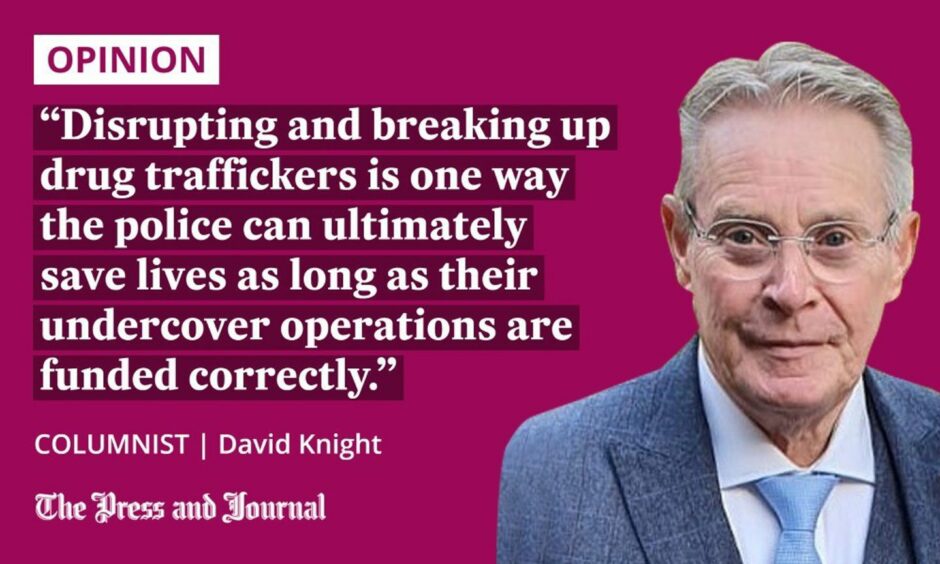
There was something unusual about my little court episode.
I stared at the accuser after his outburst, but he glowered straight back – and spat it out again in my direction.
Yes, he was calling me out in person.
It was like this, you see: I had been propelled from mere observer of court procedure to chief witness for the prosecution.
I must stress at this juncture that the scene I am painting was hardly Rumpole of the Bailey, or the “Wagatha Christie” footballers’ wives libel case.
But history-making in its own way, I suppose.
“I swear I am telling the truth, your honour”
This was the first prosecution of its kind in my locality of new laws cracking down on the scourge of kerb-crawlers.
Kerb-crawlers literally helped drive the prostitution business and blighted the lives of families in residential districts.
In much the same way as drugs gangs generate their sordid business within communities, and keep the death toll ticking along.
I was invited to join an undercover police patrol enforcing the new law, so that public and political sensitivities locally could be soothed.
I peered into a white van – along with two bobbies – as a man they had been tailing was caught in flagrante with a sex worker.
But he later denied any wrongdoing after being charged, and that’s why I made my reluctant debut as chief witness.
I stood accused of lying in the witness box even though it was an inescapable fact that I saw him, his van and his “paramour” at the location in question.
I stretched for gravitas by pulling myself up to my full height of 5ft 7.5ins, sticking out my jaw and pronouncing solemnly to the judge: “I swear I am telling the truth, your honour”.
Dare I say it, but the main thrust of the accused’s defence was that he simply met an old friend in the street – and they promptly jumped into the back of his van.
It failed abysmally.
I felt hugely embarrassed, I must admit, and with an uneasy feeling that my professional neutrality was compromised in some way as a kind of informant.
We don’t see much of this murky, dangerous world
It was hardly Line of Duty, but brought to mind covert police operations going on around us against another scourge of society, which is also causing a political meltdown.
The war on drugs.
Or rather the Scottish Government’s utter failure to get a grip of the country’s hideous drug-death record, the worst in Europe by far.
Disrupting and breaking up drug traffickers is one way the police can ultimately save lives as long as their undercover operations are funded correctly.
We don’t see much of this murky, dangerous world – until recently, that is, and thanks to an article in the P&J.
The story appeared to lift the lid on police undercover work and would not have looked out of place in the Line of Duty drama series.
The paper had listened to leaked audio tapes, which seemed to record conversations between two officers and a key informant working within Aberdeen’s drugs gangs.
A double agent if you like, who was being controlled and directed by the officers to the point where they seemed to be trying to protect their source from being caught by colleagues.
It was extraordinary stuff.
Police bosses have not yet commented on its authenticity, but I for one would hope this kind of thing is going on to topple the traffickers. And if not, why not?
But I felt uneasy again; what were the motives and legalities around taping these sensitive conversations, if they were indeed genuine?
The Scottish Government must do more
This undercover and covert work is not enough on its own, of course.
As well as police attacking the gangs from within, the Scottish Government must do more to address core contributing issues.
These include tackling poverty in Scottish society which feeds the drugs trade, and investing at proper levels in realistic rehabilitation projects to save addicts.
The Scottish Government’s commitment is under scrutiny more intensely than ever.
Probably the most depressing graph in a very depressing report on Scotland's drug deaths. Yes, it has always been the cases that drug death rates are highest in the most deprived areas, but way this gulf has widened from 2013 onwards is just appalling pic.twitter.com/y2idHCRUEm
— Helen McArdle (@HMcArdleHT) July 28, 2022
Scotland’s drug-death rates look better only when hidden within overall UK figures, which are on a par with other European countries.
Stood alone, Scottish figures are a national embarrassment.
Some might think organised drug crime is alien to their lives, even though it’s on the doorsteps of less fortunate communities.
But it hits us all in the pocket in one way or another.
David Knight is the long-serving former deputy editor of The Press and Journal
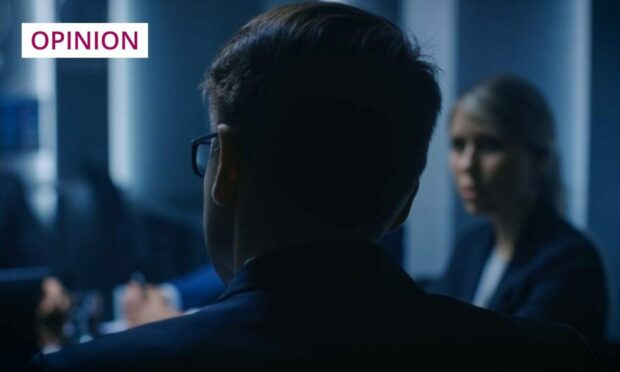
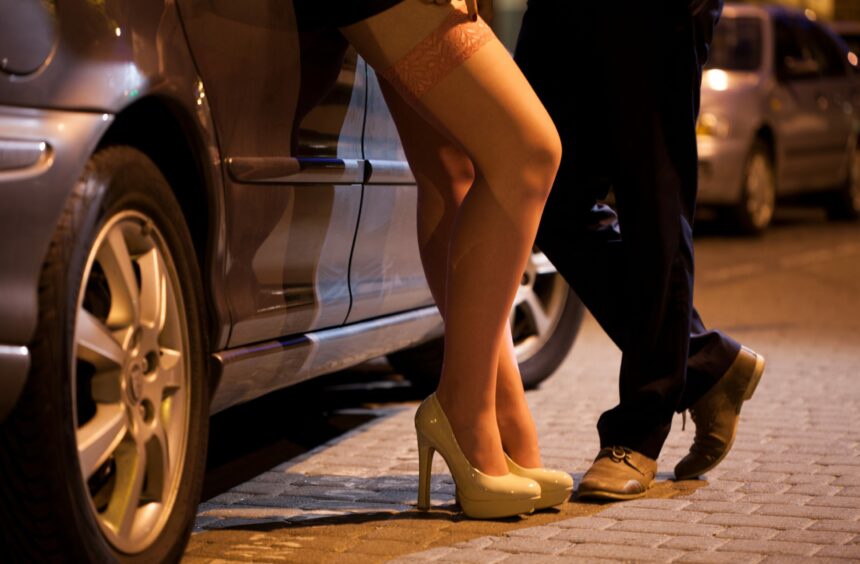
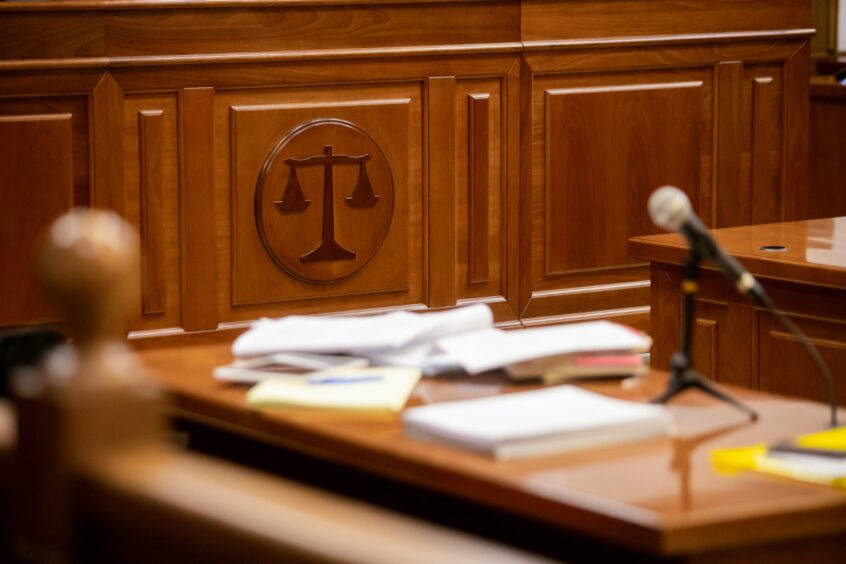
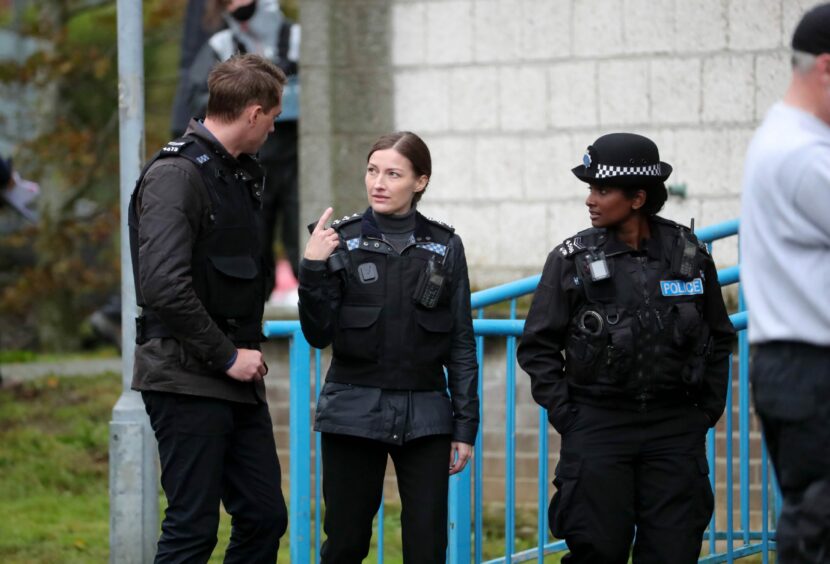
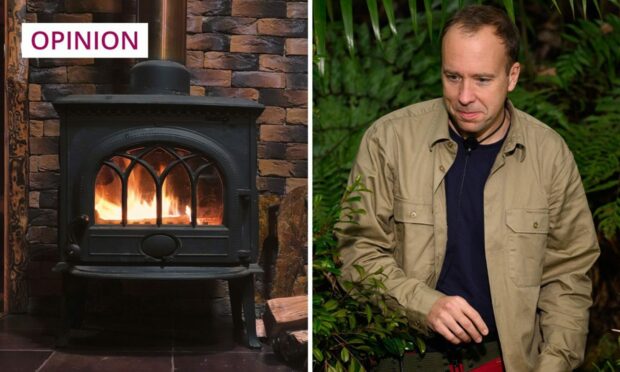

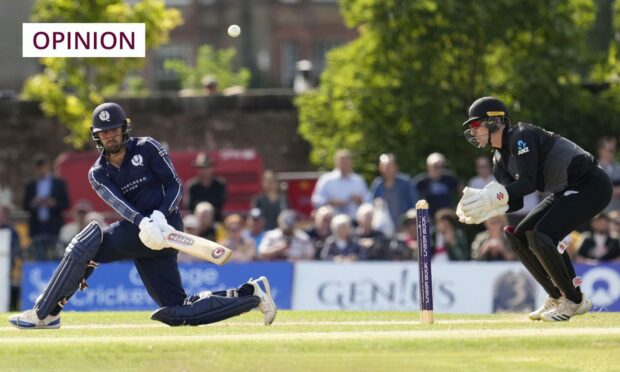
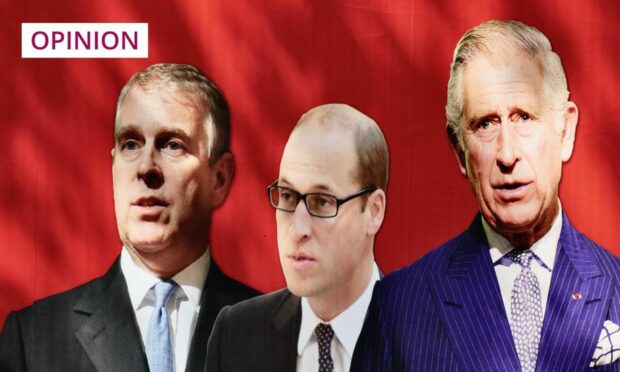

Conversation